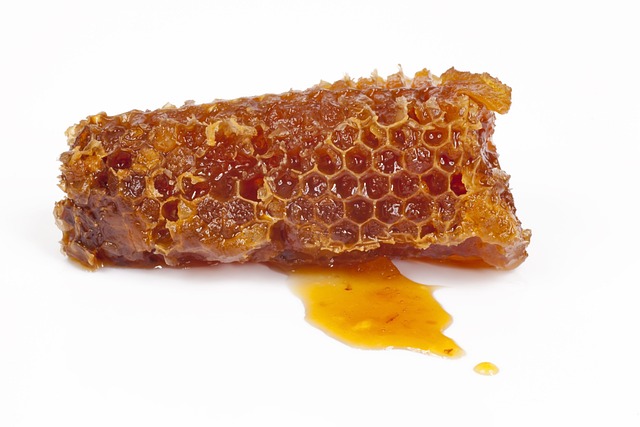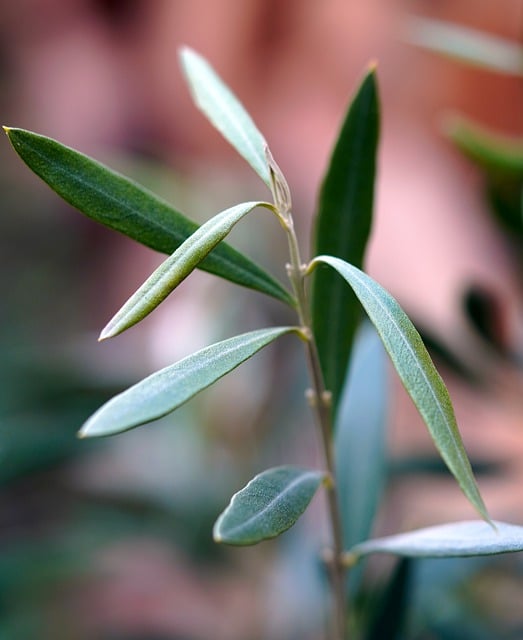Natural Treatments for Cold Sores

Cold sores or fever blisters are caused by infection with herpes simplex virus type 1 or 2. The sores typically start with a prodrome that includes stinging or shooting nerve pain, followed by the appearance of fluid-filled blisters that eventually scab over and heal. While herpes simplex virus type 1 is usually associated with infections of the lips and type 2 is associated with genital infections, either virus can cause an infection in either location. The virus is highly contagious, especially when active blisters are present, but can still be spread in their absence. Generally, over time, the severity of outbreaks decreases.
While antiviral medications can treat herpes infections, they aren’t a cure. The medications are usually well tolerated and help to suppress outbreaks (Tyring 2002). However, repeated use of the medications, and immunocompromised individuals (individuals with HIV or on immuno-suppresant medications for various reasons) may have higher risks for resistant herpes strains that don’t respond to standard medications (Schalkwijk 2022). As such, it’s worth reviewing what natural or integrative treatments may also be safe and effective for helping to control herpes outbreaks.
Propolis
Propolis is a natural resinous material that bees use to construct their hives. It’s known to have antimicrobial properties. In a clinical trial of a propolis cream compared to a standard topical antiviral medication, propolis cream was found to work better than topical medication for genital herpes (Vynograd 2000). On day 10, 80% of the patients using propolis had healed, whereas only 47% had healed with the medication.
A more recent trial exploring propolis versus standard topical medication for cold sores on the lips also found better healing with propolis (Jautová 2019). By day three, the propolis had crusted over as compared to day four with the topical medication. Propolis also displayed advantages for pain relief and swelling over medication.
Olive Leaf

Olive leaves are known to have a number of different therapeutic effects, including antiviral properties. In a study of patients with cold sores, an olive leaf extract cream was compared to a standard topical medication (Toulabi 2022). For patients using olive leaf extract cream, bleeding, pain and itching all improved faster than with medication. In addition, olive leaf shortened the healing time.
Other research on olive leaf also suggests it is potentially effective in herpes strains that are medication resistant (Cornetta 2022). However, clinical trials are still needed to confirm efficacy against resistant strains.
Lemon Balm
The herb lemon balm or Melissa officinalis has often been touted for its antiviral properties (Cohen 1964). A small clinical trial in patients with recurrent cold sores used lemon balm cream or placebo cream applied topically. By day two, symptoms scores were almost 20% better with the lemon balm cream as compared to placebo. However, when evaluated over the first five days of treatment, lemon balm was only about 10% more effective than placebo.
A separate clinical trial compared standard topical medication and lemon balm cream. In the study, lemon balm was more effective at decreasing pain, although overall healing benefits between the two treatments were comparable (Ahadian 2015).
Chinese Rhubarb (Rheum palmatum)
A clinical trial comparing standard topical medication, sage cream and sage plus Chinese rhubarb cream found comparable results. While the sage cream was slightly less effective than standard medication, the sage-rhubarb cream was on par with the efficacy of standard topical medications (Saller 2001).
Tea Tree
A small clinical trial exploring tea tree oil gel (containing 6% tea tree oil) found some non-significant trends towards benefits as compared with placebo (Carson 2001). Due to the small sample size, it’s hard to draw firm conclusions about the efficacy of tea tree oil for cold sores.
Licorice Root
And while there aren’t any clinical trials exploring licorice root for the treatment of cold sores, numerous studies suggest antiviral activity with licorice (Zuo 2023). In addition, licorice is readily available as a solid extract that has a sweet taste like licorice candy which may make it an easier choice for use around the lips.
Conclusion
A number of herbal treatments show promise for the treatment of cold sores. Given the risk for increasing viral resistance to standard drug treatments, herbal products may yet find prominence in helping to control cold sores and fever blisters.



